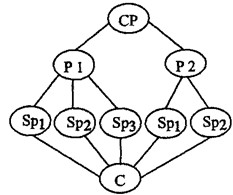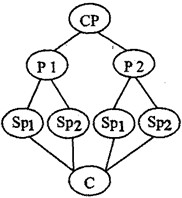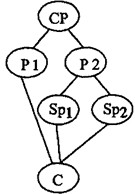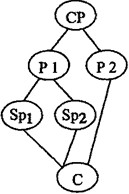阅读理解。
Nuclear energy is a controversial topic. There has been widespread public debate over it. It seems that the
nuclear energy is either a gigantic disaster waiting to happen or the all-powerful way of the future.
It is often believed that unclear energy is something we cannot do without. We live in a consumer society
with a huge demand for commercial products of all kinds. Besides, an increase in industrial production is
considered to be one solution to the problem of mass unemployment. Such an increase assumes an abundant
and cheap energy supply. Many people believe nuclear energy provides an endless and economical source of
power and that it is therefore fundamental for an industrially developing society. Among other advantages is
that unclear power, except for accidents, is clean. A further advantage is that a nuclear power station can be
run and maintained by relatively few technical and administrative staff. The nuclear reactor represents a great
step in our scientific evolution and, whatever the anti-nuclear group says, it is wrong to expect a return to
more primitive sources of fuel.
However, opponents (people who oppose something)of nuclear energy point out that nuclear power stations
bring a direct danger not only to the environment but also to civil liberties. Environmentalists argue in the long
run nuclear energy wastes valuable resources and disturbs the ecology to an extent which could bring about
the destruction of the human race. Furthermore, it is questionable whether unclear power is a cheap source
of energy when everything is considered. There have, for example, been very costly accidents in America, in
Britain and, of course, in Russia. The possibility of increases in the cost of uranium (铀) in addition to the cost
of greater safety provisions could price nuclear power out of the market.
In spite of the case against nuclear energy above, nuclear energy programmes are expanding, which
assumes a continual growth in industrial production and consumer demands. However, it is doubtful whether
this growth will or can continue. Having weighed up the arguments in both sides, it seems that there are good
economic and ecological reasons for sources of energy other than nuclear power.
1. What's the writer's attitude toward nuclear energy?
A. Objective.
B. Negative.
C. Tolerant.
D. Appreciative.
2. According to the opponents, which of the following is true of nuclear energy?
A. Primitive.
B. Endless.
C. Cheap.
D. Unsafe.
3. Some people believe that nuclear energy is the most important because _____.
A. nuclear power stations can be run and maintained by relatively few staff
B. it can meet the growing demand of an industrially developing society
C. it represents a huge step forward in our scientific evolution
D. it provides a perfect way out to increase employment
4. Which of the following shows the structure of the passage?
A.  B.
B. 
C.  D.
D. 
1-4: BDBA
